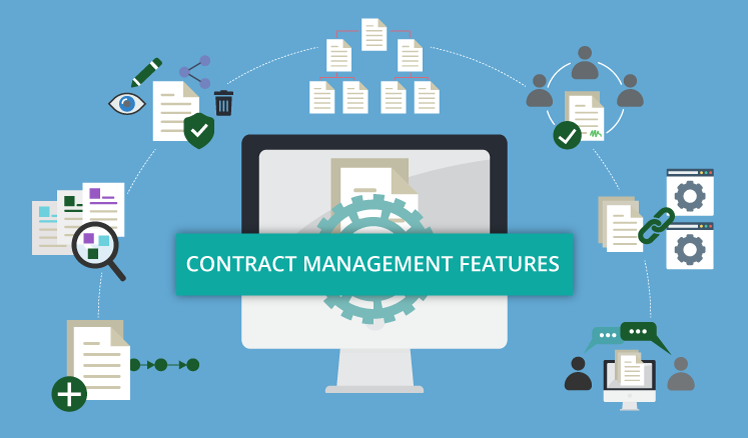It can be difficult to keep track of your cash flow. Doing your best to save wherever possible and ensuring you’re spending your cash on the right things seems easy, but you may not realize you’re losing money until it’s too late. Keeping your books in order is easier said than done. Being a small business owner requires you to dedicate a lot of your attention to different things, which means you may not be paying as much attention as you should.
Examining the way you run your business may be able to provide you with some insight as to what is bleeding your business dry before it’s too late. Here are five of the most common ways that small businesses lose money and what can be done to prevent it.
1. Service Fees Going Unnoticed
With the age of technology at your disposal, there are many online tools out there to help you stay organized. They look affordable at first, but what you may not realize is that some of them come with service fees you have to pay on a regular basis in order to keep using their products. You want to use the latest technology, but if it’s at the expense of your business to the point that it’s a drain on the bank account, then it’s not worth it. It’s especially not worth it if you’re not using these tools on a regular basis. You can always cancel the subscription and start it again later when you’re more financially able to afford it.
It’s better to try out these tools before buying to see if they’re a good fit for your business first. IT support Sydney may even help you figure out which ones would be the easiest to implement into the infrastructure of your business so that there’s less digital rehauling you have to do.
2. Lack of Organization
When you’re not organized, then you don’t have any way of keeping everything in check. You’re more easily confused when it comes to where your money is going, and that can end up being a big strain on the financial running of your business. A survey conducted in 2010 concluded that employees can lose up to a week’s worth of work just by having to look for things that have been misplaced around the office or in the digital Cloud. That amounts to about $177 million dollars in lost productivity because businesses didn’t stay organized.
When you have the time, especially on slow days, instead of giving yourself a break, take the time to go through all of your folders and documents to ensure that you’re staying organized and on top of things. You should also develop good organizational habits by creating checklists that you go through on a regular basis to minimize the time you’ll spend on it in the future. Your business will thrive due to these new practices.
3. Poor Employee Scheduling
Having a tool to keep your employees in order will help you to weed out those who actually want to work there from those who are slacking off. You can see whether you’re under- or overstaffed, who is coming in late, and who is not showing up at all. Of course, if you’re not scheduling employees effectively, then they don’t know when they’re supposed to come in and work, which will ultimately decrease productivity and production. These are the ones who are costing you money on a weekly basis.
If you can schedule your employees more effectively, then you’ll have better control over your labour costs and will minimize your losses when it comes to employee management.
4. Employee Turnover Rates
It may seem like a good idea to get rid of employees who aren’t pulling their weight, but if you’re not treating them right, then they’re going to leave on their own. And having to hire and train new employees all over again will actually cost you serious amounts of money. Studies show that you can end up paying six to nine months of a worker’s salary when you hire and train a new employee, depending on the qualifications for the job. This cost goes into finding a candidate fit for the job, recruiting them, and then providing them with training. The best solution to this is to implement methods to decrease employee turnover rates. However, that’s not a suggestion that you keep substandard employees who waste time and are less productive, as they are also a drain on your business’ finances.
5. Poor Accounting Practices
The majority of business owners try to do all of their accounting all by themselves, but this isn’t the best idea. There is the incentive to save on money by not hiring a professional accountant to do the work for you, but even with all of the online tools to help you through the process, it can all still be very complex. It’s better to just hire a professional who has all the know-how to help you save money each year.
They will already know all of the deductions you have to make when filing your taxes, how to designate your business on the proper forms, and provide you with all the knowledge you need to save money every year. Don’t think of it as spending money on a professional accountant: think of it as investing in someone who will increase your profits every year.
If you’re dedicated about taking care of these money sinkholes in your business, it’s important that you take care of them as soon as possible rather than waiting for them to resolve themselves. You should approach the problem with an analytic mindset rather than an emotional one. Keep records of all of your expenses and analyze them to see where you’re losing money and which of your investments are actually helping you. For the ones that aren’t cut them out and/or find cheaper alternatives that will actually help your business grow.
The only one who can ensure the success of your business is you, so you have to be proactive to ensure that everything is heading in the right direction.








Add Comment